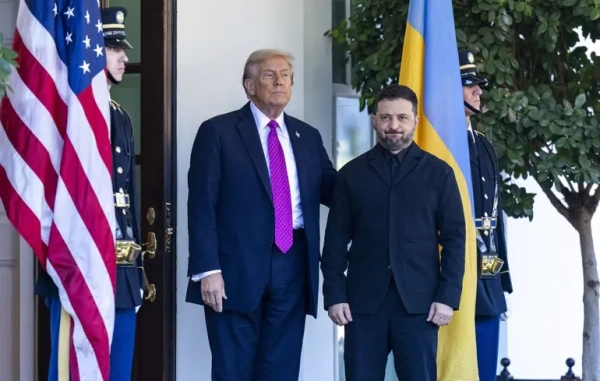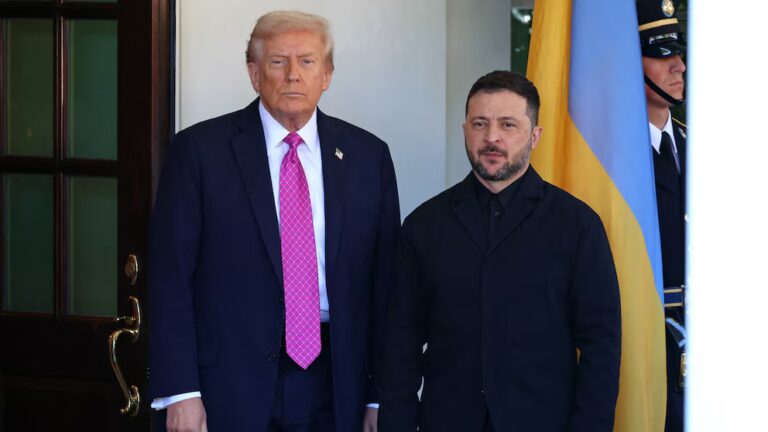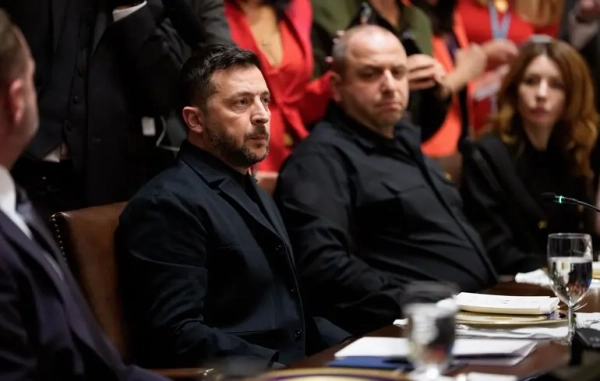
© ZN.UA The Director of BEB does not rule out that not everyone has yet heard his appeal to the Bureau's employees and businesses.
The capacity of institutions depends on their independence. But in the case of the Bureau of Economic Security, it is known in narrow circles that a back office headed by the former deputy head of the BEB Vitaliy Gagach worked there and continues to do so. His right hand man, Oleksandr Tkachuk, became the deputy head of the strategic investigations department of the National Police, and all other deputies at the BEB have remained since the time of the first head of the Bureau. What the new director of the BEB, Oleksandr Tsyvinsky, plans to do with this, he told Inna Vedernikova and Yulia Samayeva for ZN.UA.
” Firstly, the goal of any back office is to influence top management. If the head of the institution, deputy, or head of a unit do not follow the instructions of the back office, then the content of his work can be reduced to a room where people discuss something, but it is not implemented. Secondly, I was appointed in a fair independent competition. And, I think that given my experience in NABU, it is unnecessary to talk about my life position and values. They are unshakable. Thirdly, the people whom I select and now appoint, primarily to the positions of deputies (we will have competitions for the remaining positions in the future), meet and share the same values as me,” said Tsyvinsky.
The BEB director assured that it is impossible to give him or his new deputies certain instructions in this way . And for those who want to try, Tsyvinsky reminded that he has good relations with the National Anti-Corruption Bureau. He said that partners from NABU will always allocate time and resources to help bring risk-takers to justice.
The BEB director does not rule out that not everyone heard his appeal to the Bureau's employees and business. Tsywinsky also noted that it would be untrue to say that from today on, all 100% of BEB employees are honest. At the same time, he is convinced that after re-certification and selection of new people, it will be possible to talk about honesty. Although Tsywinsky hopes to eradicate negative phenomena in BEB much earlier.
” But let's say one of the employees of BEB demands a bribe. The business employee has two options: to contact me personally or to my deputy Pavlo Buzdyhan, whom I appointed. We are detectives and know well what to do with this information and how to process it. We will contact our partners from NABU accordingly and provide all possible assistance for the successful documentation of a criminal offense, if such a thing occurs. There will be more such deputies in the future,” Tsyvinsky added.
At the same time, the BEB director noted that one cannot call the entire business sacred. Therefore, he allegedly warned all employees that in the event of a legitimate reaction to bribes from the business, there will be not only respect from colleagues, but also material incentives.
“That is, the BEB already has some tools to make bribes unprofitable and risky. But if someone still continues to live in the old coordinate system, we will react. At the stage of formation and reformatting, I expect legitimate activity from other law enforcement agencies in helping to eradicate the corruption component and build zero tolerance for corruption,” Tsyvinsky added.
As a reminder, on August 6 – after a scandal that lasted a month and a half – the government finally appointed Oleksandr Tsyvinsky as the director of the Bureau of Economic Security. The competition commission elected Tsyvinsky as the director of the BEB back on June 24. But on July 7 it became known that the government decided to reject this decision. After some time, the commission re-submitted the corresponding candidacy – allegedly, Tsyvinsky fully meets the requirements stipulated by the law – and stopped working.
Martyna Bohuslavets, the head of the Anti-Corruption Center “Border”, said that the OP prevented the appointment of any of the two representatives of the newly independent NABU as the director of the BEB, although these candidates had the least questions about their integrity. In her article “They are trying to disrupt the competition for the selection of the BEB director through the courts,” Bohuslavets analyzed the scheme to block the long-awaited reboot of the bureau.






